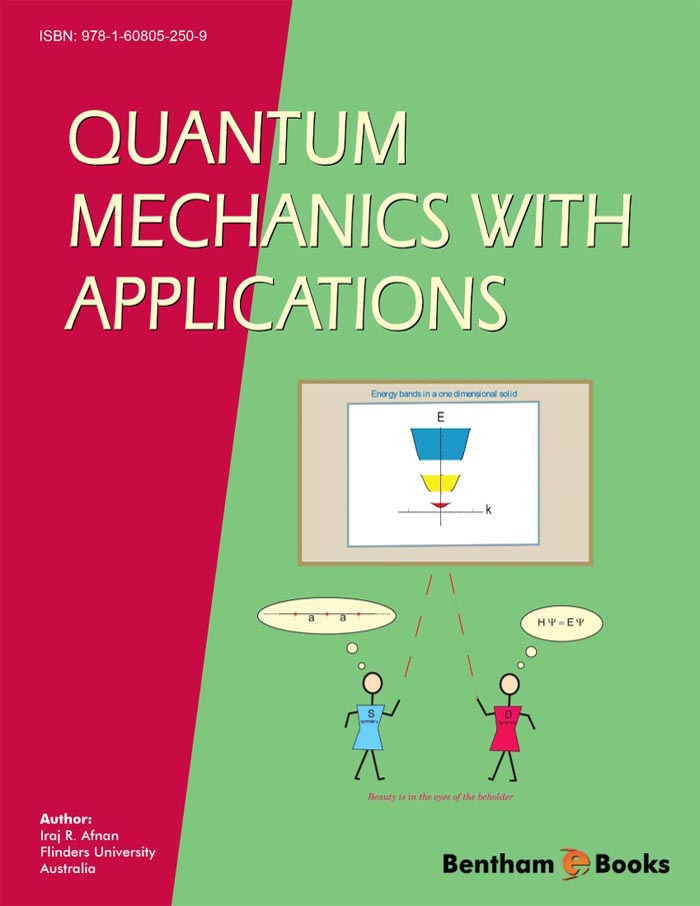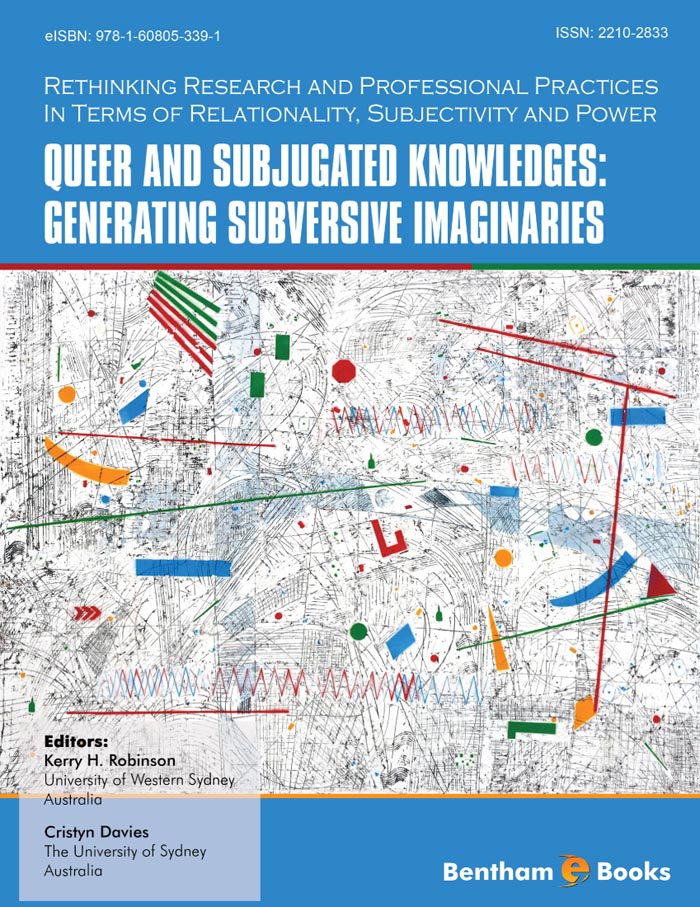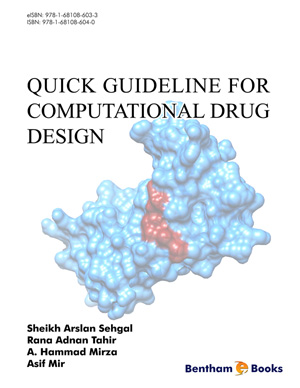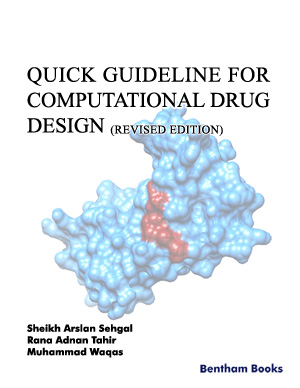Browse Books
Filter :
Publication date
Subject
Authors

Quality Assurance of Ethno-Herbals: Cultivating Confidence in Alternative Medicine
Quality Assurance of Ethno-Herbals: Cultivating Confidence in Alternative Medicine offers a comprehensive and scholarly examination of the essential methodologies cultural considerations and regulatory frameworks surrounding the quality assurance of ethno-herbal remedies. This volume bridges the rich legacy of traditional herbal practices with contemporary scientific inquiry highlighting the critical need for rigorous validation standardization and ethical stewardship in the preservation and advancement of indigenous medicinal knowledge.
The book opens with an exploration of culinary heritage and the cultural significance of indigenous herbs followed by a thoughtful analysis of the challenges inherent in preserving these valuable resources. It provides an in-depth discussion on the evolving role of Intellectual Property Rights (IPR) in the culinary and herbal domains underscoring the importance of protecting traditional knowledge while promoting equitable access.
Through contributions from experts in ethnobotany pharmacognosy law and cultural studies the text examines collaborative models policy frameworks and future directions that aim to integrate ethno-herbal practices responsibly within modern healthcare systems. Emphasizing the ethical imperative of valuing and respecting indigenous wisdom this volume serves as an authoritative resource for researchers healthcare practitioners policymakers and academicians engaged in the fields of alternative medicine herbal pharmacology and cultural heritage preservation.

Quantum Mechanics With Application
The ebook introduces undergraduate students to the basic skills required to use non-relativistic quantum mechanics for bound and scattering problems in atomic molecular and nuclear physics. Initial emphasis is on problems that admit analytic solutions. These results are then used in conjunction with symmetry to develop approximation methods for both bound and scattering problems. The text concentrates on the application of computational problems to introduce the basic concepts of quantum mechanics. These are then used to study more complex problems that can be reduced to one-body problems.

Queer and Subjugated Knowledge
Queer and Subjugated Knowledges: Generating Subversive Imaginaries makes an invaluable contribution to gender and sexuality studies engaging with queer theory to reconceptualize everyday interactions. The scholars in this book respond to J. Halberstam’s call to engage in alternative imaginings to reconceptualize forms of being the production of knowledge and envisage a world with different sites for justice and injustice. The recent work of cultural theorist Judith Halberstam makes new investments in the notion of the counter-hegemonic the subversive and the alternative. For Halberstam the alternative resides in a creative engagement with subjugated histories an ecstatic investment in the subcultural and a defiant refusal of a dominant model of theory. Working across Rhetoric and Cultural Studies Gender Studies Performance Studies Television and Media Studies Animation Sociology History Social Policy Childhood Studies Education and Cultural Geography this unique interdisciplinary text aimed at academics undergraduate and postgraduate students provides challenging new frameworks for generating knowledge.

Quick Guide in History Taking and Physical Examination
Learn the skills of medical history taking and physical examination with this accessible and comprehensive textbook. Designed for medical students and clinicians it simplifies complex concepts and procedures to empower you with essential skills for effective patient consultation.
Key Features
-Clear and Simple Language: This book uses plain and straightforward language making the intricate world of medical history taking and physical examination easy to understand even for beginners.
-Real Illustrations: Learn from real pictures that vividly depict clinical scenarios helping you bridge the gap between theory and practice.
-Step-by-Step Guidelines: Follow systematic guidelines for history taking and physical examination. From patient introduction and consent to comprehensive body system examinations each step is clearly outlined ensuring you never miss a crucial detail.
-Specialized Examination Section: Includes a specialized examination section covering various body systems like cardiovascular respiratory abdominal and the central nervous system. Understand the physical basis of clinical signs to enhance your diagnostic skills.
Quick Guide in History Taking and Physical Examination helps you to master the art of clinical examination develop the confidence to take accurate medical histories and interpret symptoms and signs effectively. It serves as an essential companion for medical students and residents on their journey to become a proficient clinician.

Quick Guideline for Computational Drug Design
Bioinformatics allows researchers to answer biological questions with advanced computational methods which involves the application of statistics and mathematical modeling. Structural bioinformatics enables the prediction and analysis of 3D structures of macromolecules while Computer Aided Drug Designing (CADD) assists scientists to design effective active molecules against diseases. However the concepts in structural bioinformatics and CADD can be complex to understand for students and educated laymen.
This quick guideline is intended as a basic manual for beginner students and instructors involved in bioinformatics and computational chemistry courses. Readers will learn the basics of structural bioinformatics primary and secondary analysis and prediction structural visualization structural analysis and molecular docking. Therefore the book is a useful handbook for aspiring scholars who wish to learn the basic concepts in computational analysis of biomolecules.

Quick Guideline for Computational Drug Design (Revised Edition)
Bioinformatics allows researchers to answer biological questions with advanced computational methods which involves the application of statistics and mathematical modeling. Structural bioinformatics enables the prediction and analysis of 3D structures of macromolecules while Computer Aided Drug Designing (CADD) assists scientists to design effective active molecules against diseases. However the concepts in structural bioinformatics and CADD can be complex to understand for students and educated laymen.
This quick guideline is intended as a basic manual for beginner students and instructors involved in bioinformatics and computational chemistry courses. Readers will learn the basics of structural bioinformatics primary and secondary analysis and prediction structural visualization structural analysis and molecular docking. The book provides the reader an easy to read summary of the tools and techniques in structural bioinformatics as well as their limitations.
In this revised edition the authors have updated information in a number of chapters with a specific focus on the section on protein structure visualization and evaluation. Additional information on protein-ligand interaction studies has also been provided in this new edition.
Therefore the book is a useful handbook for aspiring scholars who wish to learn the basic concepts in computational analysis of biomolecules.

Quinones: A Privileged Moiety for Drug Discovery
A multidisciplinary exploration of quinones as a vital structural class in medicinal chemistry Drawing from both natural and synthetic sources the book explores the structural diversity reactivity and therapeutic potential of quinone compounds positioning them as privileged moieties in the development of pharmacologically active agents.
The text covers essential themes such as synthesis strategies identification techniques biochemical relevance and pharmacodynamics of quinones and their derivatives. It delves into their traditional use in medicine contemporary roles in treating diseases like cancer and infections and their capacity to interact with multiple biological targets. Specific chapters discuss glyco hybrids ROS generation enzymatic pathways and toxicity profiles offering a comprehensive overview of their medicinal versatility.
Key features:
Explores synthesis and structural modification techniques
Analyzes biochemical and pharmacodynamic mechanisms
Reviews traditional and modern therapeutic uses
Examines toxicity concerns and safety profiles
Highlights marketed drugs and emerging candidates
Presents recent studies and future trends.
